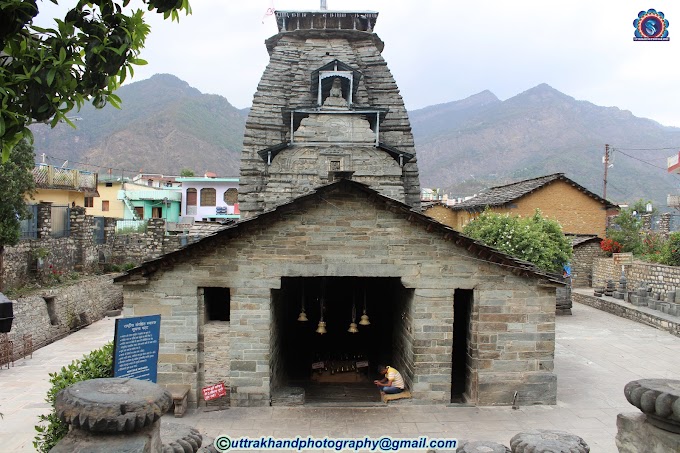 |
| Salient Features of the Indian Constitution |
Salient Features of the Indian Constitution
Lengthiest Written Constitution
-
The Indian Constitution is the longest written Constitution in the world.
-
Originally had 395 Articles, 22 Parts, and 8 Schedules (now over 470 Articles, 25 Parts, and 12 Schedules).
Why?
India is a diverse and complex country, so it needed a detailed document to cover Union, States, minorities, elections, languages, etc.
2️⃣ Blend of Rigidity and Flexibility
-
Some parts require a simple majority to amend (flexible).
-
Others need special majority + state ratification (rigid).
✅ Example:
-
Changing the name of a state is easy.
-
Changing fundamental rights needs a strict process.
3️⃣ Parliamentary System of Government
-
Like the UK, India follows a parliamentary democracy.
-
President is the nominal head, but real power lies with the Prime Minister and Council of Ministers.
✅ Example:
President signs laws, but they are made and approved by Parliament led by the PM.
4️⃣ Federal System with Unitary Bias
-
Power is divided between Centre and States (Federalism).
-
But in case of emergency, Centre becomes very powerful (Unitary tendency).
✅ Example:
During President’s Rule (Article 356), the Union can take over state government functions.
5️⃣ Fundamental Rights (Part III)
-
Guarantees basic rights like equality, freedom, protection from exploitation, religious freedom, etc.
✅ Example:
Right to Freedom of Speech (Article 19), Right to Equality (Article 14).
6️⃣ Directive Principles of State Policy (Part IV)
-
Guidelines for the government to create social and economic justice.
-
Not enforceable by courts, but essential for governance.
✅ Example:
Free legal aid, equal pay for equal work, promotion of education and health.
7️⃣ Fundamental Duties (Part IVA)
-
Added by 42nd Amendment (1976).
-
11 duties every citizen should follow (e.g., respecting Constitution, environment, national flag).
8️⃣ Single Citizenship
-
Unlike the USA, India provides only one citizenship for the entire country.
✅ Example:
An Indian citizen can move or settle in any part of India without a separate state ID.
9️⃣ Independent and Integrated Judiciary
-
Supreme Court at the top, followed by High Courts and Subordinate Courts.
-
Independent from executive and legislature.
✅ Example:
SC can declare a law unconstitutional if it violates Fundamental Rights (Judicial Review).
🔟 Universal Adult Franchise
-
Every Indian citizen above 18 years has the right to vote, regardless of caste, gender, religion, or education.
1️⃣1️⃣ Secular State
-
India has no official religion.
-
State treats all religions equally.
✅ Example:
Govt. does not fund or favor any one religion. You are free to follow any faith.
1️⃣2️⃣ Emergency Provisions
-
Constitution allows three types of emergencies:
-
National (Article 352)
-
State (President’s Rule – Article 356)
-
Financial (Article 360)
-
✅ During these, Centre can override normal state powers.
1️⃣3️⃣ Bicameral Legislature
-
At the Centre:
-
Lok Sabha (House of the People)
-
Rajya Sabha (Council of States)
-
Some states also have bicameral legislatures (like UP, Bihar, Maharashtra).
1️⃣4️⃣ Special Provisions for Minorities and Backward Classes
-
Reservations, cultural rights, and protection under various Articles (e.g., Articles 15, 16, 29, 30).
1️⃣5️⃣ Secular and Welfare State
-
Constitution aims to make India a welfare state, ensuring justice and dignity to all through policies, subsidies, and schemes.
📘 Summary Table
| Feature | Nature/Example |
|---|---|
| Lengthiest Constitution | 470+ Articles, 12 Schedules |
| Flexible + Rigid | Some parts easy, some hard to amend |
| Parliamentary System | PM is real executive; President is nominal |
| Federal with Unitary tilt | States + Centre, but Centre stronger in crisis |
| Fundamental Rights | Justiciable rights (Art. 14 to 32) |
| Directive Principles | Non-justiciable, but important goals |
| Fundamental Duties | 11 duties for citizens |
| Single Citizenship | One citizenship for whole India |
| Independent Judiciary | SC + HCs; judicial review |
| Universal Adult Franchise | Right to vote at 18 |
| Secularism | Equal respect to all religions |
| Emergency Provisions | Articles 352, 356, 360 |

.jpg)



















Follow Us